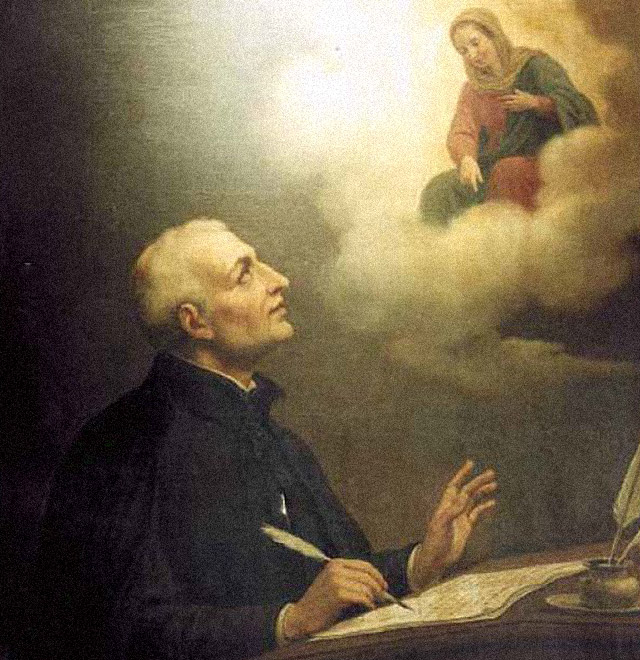José de Anchieta
José de Anchieta or José de Anchieta y Díaz de Clavijo was a Spanish Jesuit missionary to the Portuguese colony of Brazil in the second half of the 16th century after joining the order in 1551. After arriving in Brazil in 1553, he was assigned to São Paulo, a brand-new Jesuit colony in the interior that he assisted in founding. Anchieta battled to defend the indigenous people from the institution of slavery that was developing in the Portuguese colony's plantation economy after converting more than a million of them. Anchieta also assisted the Indian population in receiving religious education and converting to the Catholic faith. His and another Jesuit missionary named Manuel da Nóbrega's efforts to appease the Indians were essential to the development of secure colonial settlements in the colony.
José de Anchieta was also an acclaimed writer, dramatist, and scholar and staged several of his own religious plays at his outpost, many of which have been lost. He is the first playwright, the first grammarian, the first poet born in the Canary Islands, and the father of Brazilian literature. Anchieta was also the first to provide an orthography to the Old Tupi language that was most frequently used by Brazil's indigenous people with his work "Arte de gramática da lingoa mais usada na costa do Brasil" (1595, under the name Joseph de Anchieta). Anchieta was also involved in the establishment of three of Brazil's earliest colleges (at Pernambuco, Bahia, and Rio de Janeiro), and contributed to the founding of Rio de Janeiro, one of brazil's biggest cities.
Born: 19 March 1534
Died: 9 June 1597
Contribution: Commonly known as "the Apostle of Brazil", he was declared a saint by the Catholic Church. He contributed greatly to Brazil in many ways.








